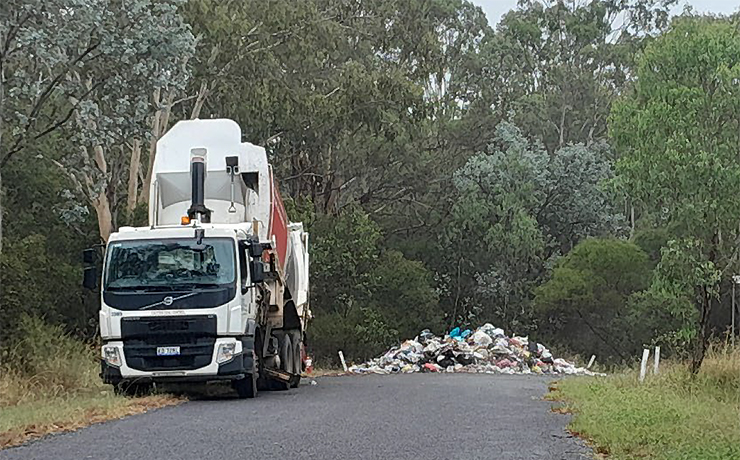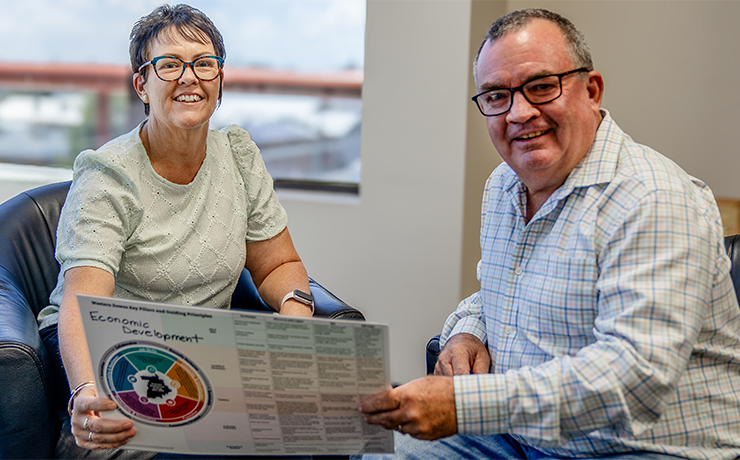
November 14, 2014
With 40 degree temperatures predicted for this weekend, Queensland Health is urging everyone to take suitable precautions to keep cool and healthy.
Queensland Health Chief Health Officer Jeannette Young said it was important people stayed hydrated.
“Heat-related illness occurs when the body overheats and cannot cool itself down,” Dr Young said.
“The effects of overheating on the body can vary from heat rash and cramps through to heat exhaustion or heat stroke.”
Every year about 400 Queenslanders are treated at Queensland Health emergency departments for heat-related illness.
Dr Young said a number of measures could be taken to prevent heat-related illnesses, including:
- Drink plenty of fluids – cool water is best. Don’t wait until you are thirsty to drink but drink regularly throughout the day
- Urine colour is a good guide to hydration – it should be clear to light straw-coloured, not dark or gold
- Stay indoors in very hot weather, preferably in an air-conditioned building or ensure there is good air flow with fans and open windows
- Public venues, such as air-conditioned shopping centres and pools, can provide refuge from the heat
- People can also stay cool by taking cool showers or baths, soaking their feet in a basin of water, or wetting a bandana or washer and wrapping it around their neck
- Take time to adjust to the environment, pace yourself and limit strenuous outdoor activity.
Dr Young said certain groups of people were more prone to heat-related illnesses including the elderly, infants, overweight and obese people, pregnant and breastfeeding women and people with some pre-existing health conditions.
“Monitor family, friends and even neighbours who may be more prone to heat-related illness—check on them and make sure they are okay,” she said.
She said everyone should be aware of what to do when people had heat-related illnesses.
“Heat exhaustion usually develops over a couple of days,’’ Dr Young said.
“Symptoms may include muscle cramps, heavy sweating, paleness, dizziness, nausea or vomiting and fainting.’’
She said heat stroke was the most serious heat-related illness and had the potential to be life threatening.
“Symptoms of heat stroke are similar to heat exhaustion but the person may also have an extremely high body temperature; red, hot, dry skin, but possibly some clamminess; a rapid pulse; headache and confusion,” she said.
“Cool the person down urgently with a cool shower, bath or sponge, or even spray them with cool water from a hose. Loosen their clothing and have them rest in a cool place.
“Provide cool non-alcoholic fluids, but only if you are confident they can swallow. Avoid drinks high in sugar.
“If heat stroke is suspected, then the person will need urgent medical attention. Or if the person has blood pressure or heart problems, also seek medical advice immediately.’’

























